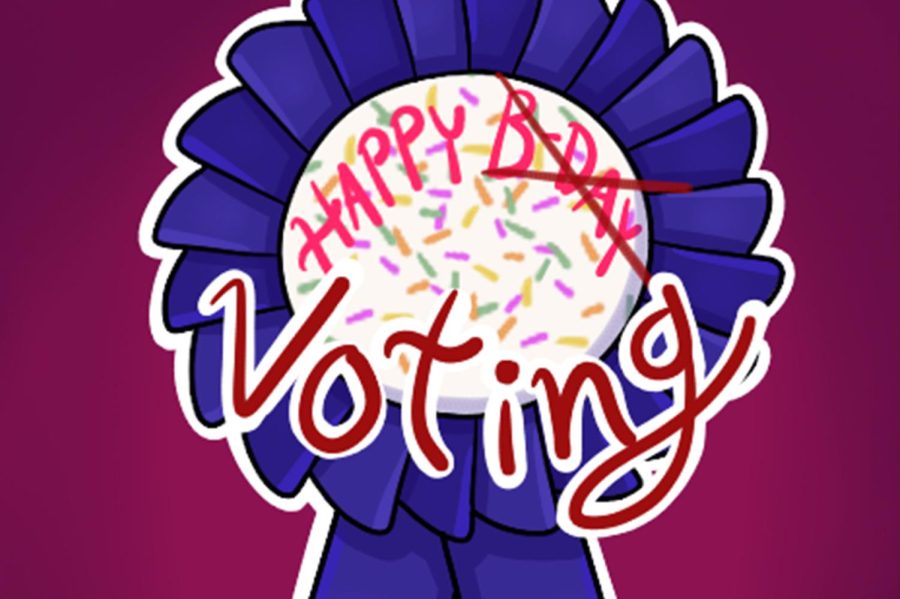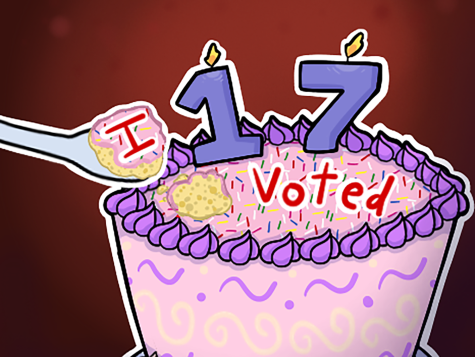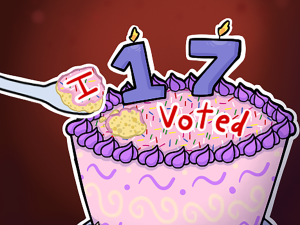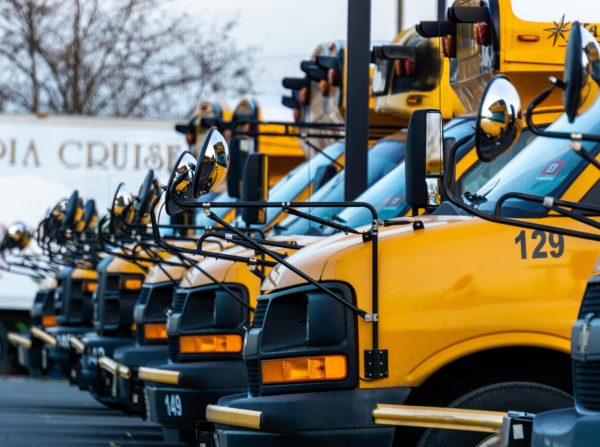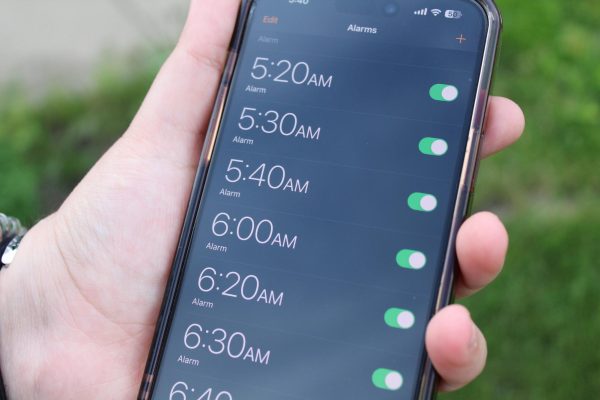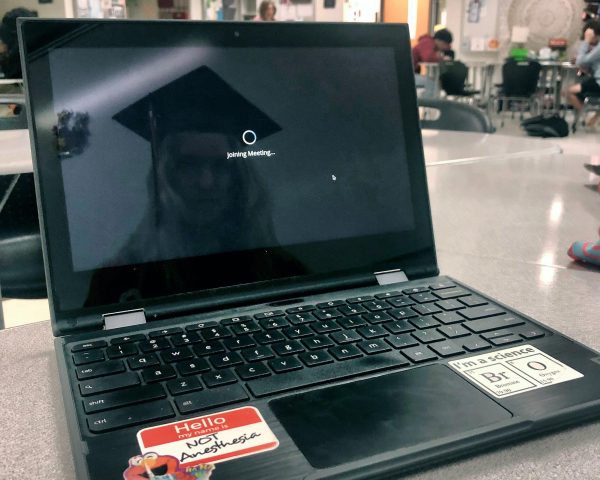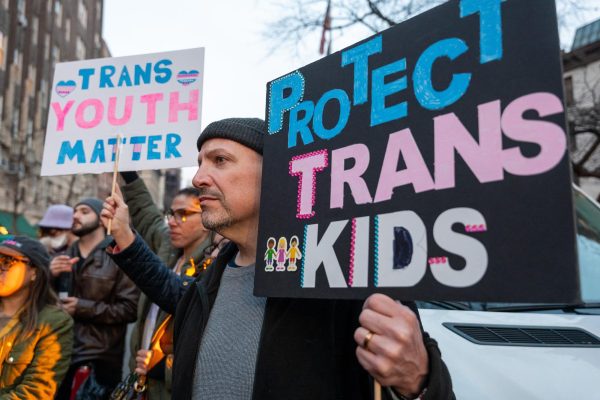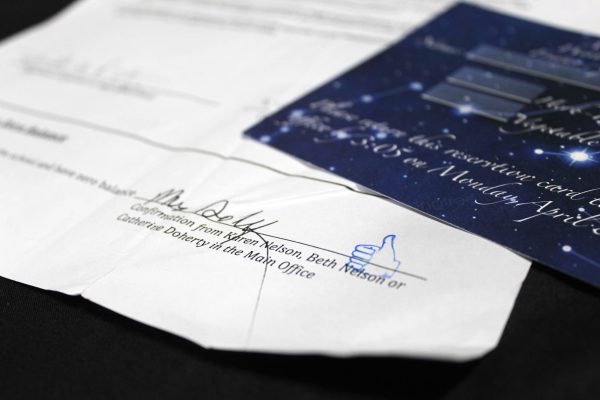Opinion: The legal voting age should not be lowered
Organizations are considering lowering the voting age from 18 to 16, but younger teenagers are not prepared to take on the responsibility of voting
The voting age in the United States is 18 and, though many believe it should be lowered to 17 or even 16, teenagers under the current voting age aren’t mature or informed enough to be trusted with this civic responsibility.
November 22, 2022
A student is playing on their phone and receives a text reminding them that election day is coming up. They delete the message, not being that interested in politics and knowing that most of their age group doesn’t know that much about this year’s candidates. Passing by a bunch of voting signs, they overhear some of their lower classmen talk about not being able to have a say in politics.
This year there has been debate on the voting age in the U.S. The Meng Reintroduces legislation argues that it should be lowered from 18 to 16 years olds. The legal voting age has been lowered over the past and organizations believe the younger generation should have a say in politics. Even so, it might be hard for younger audiences to have a full grasp of politics and it’s best to keep the age limit the way it is.
U.S. citizens of the age 18 years or older are considered legal adults, they’re considered as equal constituents who have to pay taxes, can drive in most states and are tried in adult courts. Any citizen below the age of 18 is considered a minor, and is not granted the same rights as those above that age line. Their minds are still taking in new information from high school and aren’t aware of government officials running for the next term and their policies they’d like to apply.
For the most part, 16 and 17 year olds are not ready to vote. They are still considered to be teenagers and not young adults. In this modern age, teens don’t focus on political stances and voting. They are too invested with school and their own hobbies outside of school. The only time when teens are knowledgeable about this kind of information is if they want to focus on that in their future career or heard of it from family or a friend.
Schools do not teach enough about the importance of voting to their students. So when elections come around, students wouldn’t know any background information and the beliefs each politician has. Students are often influenced by their parents beliefs or whoever their friend votes for. They grow up hearing the same information constantly and grow accustomed to thinking that way. It will be a one sided argument without knowing any information regarding the other party or candidate.
Regardless, there are some students who do know a lot about politics and are mature enough to vote. They’ll have background information and know what that party stands for. But it is a rare minority of students, most study for other professions and don’t know a lot of government officials. It’s a small percentage of teens that know who to vote for, but it’s not worth changing the age limit because of that.
Watching all the other adults go to their local voting area to submit their vote, the student couldn’t be bothered as they had better things to do. Heading home realization sets in as they realize, they’ll be the legal voting age in another year.



